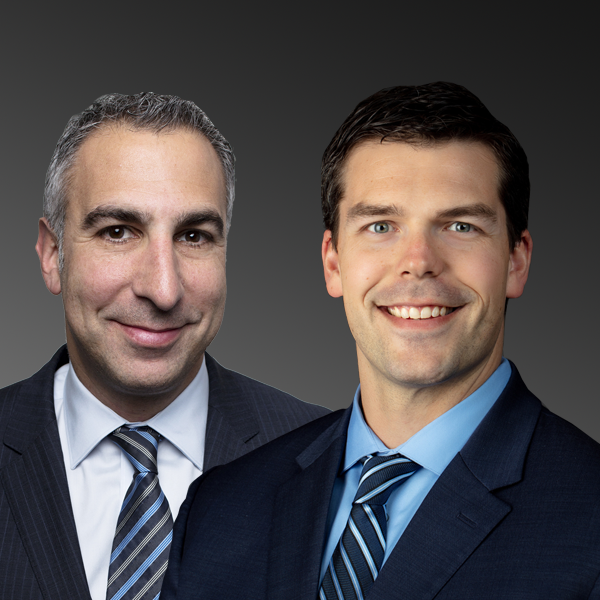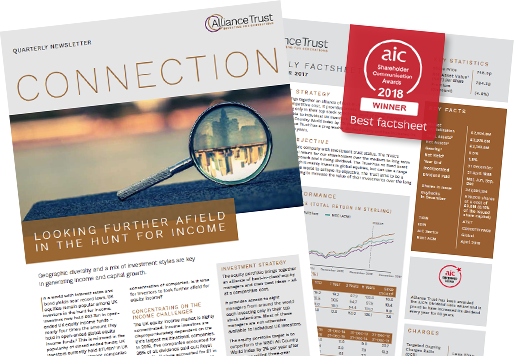Time to rethink the 4% rule?
It’s a long-established rule of thumb for those drawing an income from their pension that limiting income withdrawals to 4% of the pot value should amount to a sustainable strategy, minimising the risk of running out of money down the line in retirement. But recent research from pension consultancy LCP indicates the 4% rule is no longer a secure option.[1]
LCP’s report finds that the 4% rule worked fine in the 1990s, when interest rates were significantly higher. However, since the introduction of quantitative easing (QE), initially to help the UK economy recover after the global financial crisis and, more recently, the downturn resulting from Covid-19 interest rates have plummeted to near zero. That has left income-seeking investors – who would historically have held a substantial proportion of their portfolio in ‘low-risk’ bonds and cash generating regular payouts – increasingly vulnerable.
The upshot, according to LCP, is that if you fund your retirement according to the 4% rule, you’re now three times more likely to run out of money in retirement than you would have been just a decade ago. Alarmingly, the latest data from the Financial Conduct Authority indicates that six out of 10 people drawing an income from their pensions are taking at least 4% each year, with more than a fifth taking 8% or more.[2]
All of which sounds pretty ominous. What, then, should you do if you’re either already in drawdown or approaching retirement, and want to ensure your finances are sustainable? There are various options to consider, focusing on the investments you’re holding and the way you access them.
First, be aware of the risks attached to ‘reckless prudence’ if you stick doggedly to a high allocation to fixed income and cash in your portfolio. LCP suggests there’s a good case for upping your exposure to growth-focused investments. One relatively low-risk way to do that is via a highly diversified global multi-manager holding such as Alliance Trust, which holds around 200 stocks and draws on the expertise of nine specialist investment houses.[3]
As a growth-oriented investment trust, Alliance Trust is not driven primarily by the need to produce a large income – but it does have a big attraction for income-seekers, in the shape of an outstanding and highly prized 53-year record of annual dividend increases. Moreover, like other trusts (and unlike investment funds), it is allowed to hold a reserve fund on which it can draw to maintain that reliable dividend growth for shareholders even in difficult years such as 2020, when many companies’ dividends have been hard hit by the economic fallout of the coronavirus pandemic.
Secondly, think about what you’re paying for your investment. Again, there’s an argument for a greater focus on equities than would historically have been the case. LCP finds that for low-risk (cash and bond-focused) portfolios costing 2% a year, up to 60% of returns are eaten up by fees – twice as much as in 2010, before the current low interest rate environment. Even 100% equity portfolios are impacted more by expenses than they were a decade ago, though, so it is all the more important to keep an eye on them.[4]
Again, large global generalist investment trusts can work well, not least because they are able to take advantage of economies of scale to keep fees down for shareholders. Alliance Trust charges 0.62%, for example.[5]
It’s also well worth reviewing your approach to drawing an income from your pension fund. Particularly if you withdraw a set sum each month, you risk doing serious damage to your fund when markets are in turmoil, because your investment values have fallen and so you’re having to cash in extra units of capital to achieve your income goal. That’s a dangerous path to follow because it’s so much more difficult for the depleted fund to get back on course when markets recover.
This is an area where financial advice and a holistic approach to your retirement income can be particularly valuable. Sarah Bray, a director of financial planning firm Investment Sense, says it can make sense to reduce the amount you take from your pension when markets are low, and “supplement the lower income by using savings or investments held elsewhere” – a savings account or an ISA investment, for example.[6]
Finally, consider how much you really need from your pension on a month-to-month basis. LCP’s report suggests that to run your pension sustainably in 2020, a 3% withdrawal rate is more realistic than 4%. Can you live comfortably on a reduced income, or supplement it from other sources? If you can, there’s little point in withdrawing money that then sits unused and earning next to nothing in a bank account when it could have been working harder for you in the market.
It’s a complex business, though, so if you’re not sure whether your retirement income plan is robust enough to see you through the coming decades or have not yet set one up, do talk to a financial planner.






